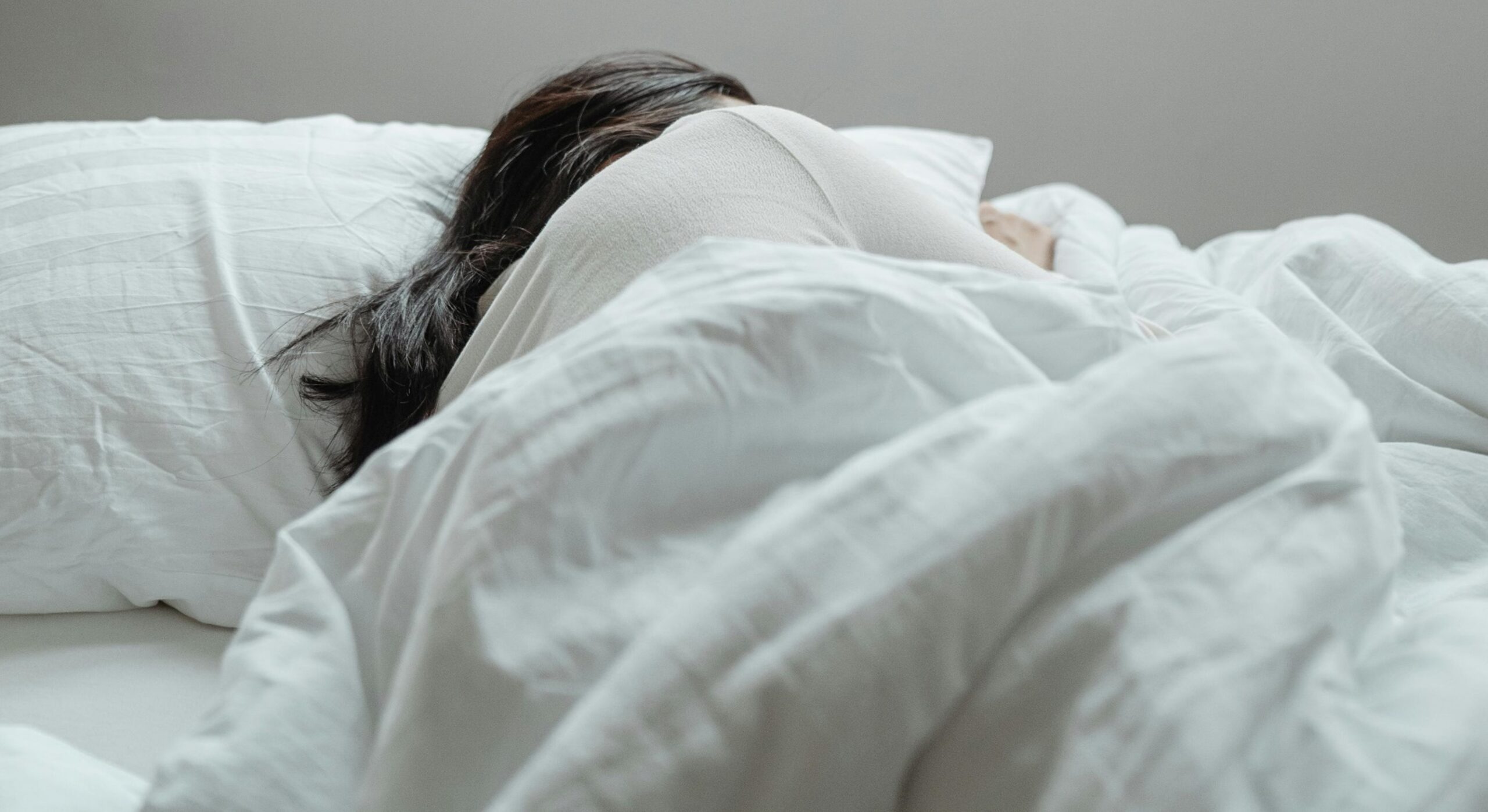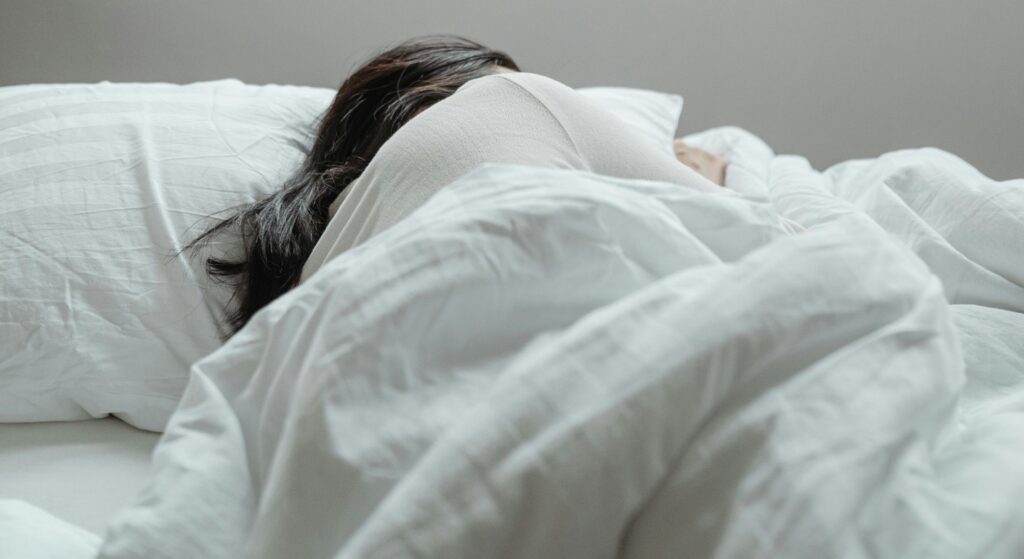Table of Contents
Introduction
Sleep is an essential aspect of human life, occupying about one-third of our time. Despite its significance, it is often overlooked and undervalued in our fast-paced society. Quality sleep is crucial for maintaining physical health, mental well-being, and overall quality of life. Recent scientific research has underscored the importance of sleep in various physiological processes, establishing it as the foundation of good health.
Sleep Cycle Stages
Sleep is not a uniform state but a complex and dynamic process involving several stages. The sleep cycle consists of two main types: Rapid Eye Movement (REM) sleep and Non-Rapid Eye Movement (NREM) sleep. NREM sleep is further divided into three stages:
1.Stage 1 (NREM1): This is the lightest stage of sleep, serving as a transition between wakefulness and sleep. It lasts for a few minutes and is characterized by slow eye movements and reduced muscle activity.
2.Stage 2 (NREM2): This stage marks the onset of true sleep, accounting for about 50% of the total sleep cycle. During this stage, heart rate slows, body temperature drops, and sleep spindles—brief bursts of brain activity—occur.
3.Stage 3 (NREM3): Also known as deep sleep or slow-wave sleep, this stage is crucial for physical restoration and recovery. It is characterized by slow brain waves called delta waves. During deep sleep, the body repairs tissues, builds bone and muscle, and strengthens the immune system.
REM sleep, which occurs about 90 minutes after falling asleep, is when most dreaming happens. It is vital for cognitive functions such as memory consolidation, learning, and emotional regulation.
Age-Related Issues
As we age, our sleep patterns and needs change. Infants require up to 16-18 hours of sleep per day, while teenagers need about 8-10 hours. Adults typically need 7-9 hours, and older adults might require slightly less but often experience more fragmented sleep.
Age-related sleep issues include:
•Difficulty falling and staying asleep: Older adults often have trouble maintaining a consistent sleep schedule due to changes in circadian rhythms.
•Decreased deep sleep: The proportion of deep sleep decreases with age, affecting physical restoration.
•Increased awakenings: Frequent nighttime awakenings can disrupt sleep continuity, leading to poorer sleep quality.
Risk Factor for Chronic Conditions
Chronic sleep problems are linked to a variety of health issues. Inadequate sleep increases the risk of developing several chronic conditions, including:
•Cardiovascular diseases: Poor sleep is associated with hypertension, heart disease, and stroke. Studies have shown that both short and long sleep durations are linked to increased cardiovascular risk .
•Diabetes: Insufficient sleep impairs glucose metabolism and increases the risk of type 2 diabetes. Sleep deprivation affects insulin sensitivity, leading to higher blood sugar levels .
•Obesity: Lack of sleep disrupts the balance of hunger-regulating hormones, leading to increased appetite and weight gain. Sleep deficiency is associated with higher levels of ghrelin and lower levels of leptin, promoting overeating .
•Mental health disorders: Sleep problems are both a symptom and a cause of mental health issues such as depression, anxiety, and bipolar disorder. Poor sleep exacerbates symptoms of these conditions and impairs emotional regulation .
Why Sleep is Called the Foundation of Optimal Health?
Sleep is often referred to as the foundation of good health due to its comprehensive impact on various bodily functions. It supports physical health by facilitating tissue repair, muscle growth, and immune function. Additionally, sleep is vital for cognitive processes, including memory consolidation, learning, and decision-making.
Quality sleep also plays a crucial role in emotional well-being, helping to regulate mood and stress levels. Without adequate sleep, people are more prone to emotional instability and reduced resilience to stress.
Essential Tips
Practicing good sleep hygiene can significantly improve sleep quality. Here are some tips for maintaining healthy sleep habits:
•Maintain a consistent sleep schedule: Go to bed and wake up at the same time every day, even on weekends.
•Create a restful environment: Ensure your bedroom is cool, dark, and quiet. Use earplugs, eye masks, or white noise machines if necessary.
•Limit exposure to screens before bedtime: The blue light emitted by phones, tablets, and computers can interfere with the production of melatonin, the hormone that regulates sleep.
•Avoid caffeine and alcohol: Both substances can disrupt sleep patterns. Try to avoid them at least a few hours before bedtime.
•Exercise regularly: Regular physical activity can help you fall asleep faster and enjoy deeper sleep. However, avoid vigorous exercise close to bedtime.
•Establish a relaxing bedtime routine: Engage in calming activities such as reading, taking a warm bath, or practicing relaxation techniques like meditation.
Correlation of Sleep with Mental Health
The relationship between sleep and mental health is bidirectional. Poor sleep can contribute to the development and exacerbation of mental health issues, while mental health disorders can disrupt sleep patterns.
•Depression and anxiety: Sleep disturbances are common in individuals with depression and anxiety. Insomnia, hypersomnia, and frequent awakenings are typical symptoms. Conversely, chronic sleep deprivation can increase the risk of developing depression and anxiety disorders .
•Bipolar disorder: Sleep disruptions are a hallmark of bipolar disorder, with manic episodes often associated with reduced need for sleep and depressive episodes linked to hypersomnia .
•Post-traumatic stress disorder (PTSD): People with PTSD often experience nightmares and sleep disturbances. Improving sleep quality can help reduce PTSD symptoms .
How to Improve Quality of Sleep
Improving sleep quality involves both behavioral changes and creating an optimal sleep environment. Here are some strategies:
•Stick to a sleep schedule: Consistency reinforces your body’s sleep-wake cycle.
•Create a bedtime ritual: Activities that relax you can promote better sleep.
•Optimize your sleep environment: Ensure your mattress and pillows are comfortable, and eliminate noise and light disturbances.
•Limit naps: While napping can be beneficial, excessive daytime sleeping can interfere with nighttime sleep.
•Watch what you eat and drink: Avoid large meals, caffeine, and alcohol before bedtime.
•Manage stress: Techniques such as mindfulness, meditation, and deep-breathing exercises can reduce stress and improve sleep.
Conclusion
Sleep is a fundamental pillar of good health, influencing various aspects of physical and mental well-being. Understanding the importance of sleep and implementing good sleep hygiene practices can lead to significant improvements in overall health. By prioritizing sleep, we can enhance our quality of life and reduce the risk of chronic health conditions.
References
1.Covassin N, Singh P. Sleep Duration and Cardiovascular Disease Risk: Epidemiologic and Experimental Evidence. Sleep Med Clin. 2016 Mar;11(1):81-9. https://www.ncbi.nlm.nih.gov/pmc/articles/PMC4791534/
2.Reutrakul S, Punjabi NM, Van Cauter E. Impact of Sleep and Circadian Disturbances on Glucose Metabolism and Type 2 Diabetes. In: Cowie CC, Casagrande SS, Menke A, Cissell MA, Eberhardt MS, Meigs JB, Gregg EW, Knowler WC, Barrett-Connor E, Becker DJ, Brancati FL, Boyko EJ, Herman WH, Howard BV, Narayan KMV, Rewers M, Fradkin JE, editors. Diabetes in America. 3rd ed. Bethesda (MD): National Institute of Diabetes and Digestive and Kidney Diseases (US); 2018 Aug. CHAPTER 25. PMID: 33651564. https://pubmed.ncbi.nlm.nih.gov/33651564/
3.Liu S, Wang X, Zheng Q, Gao L, Sun Q. Sleep Deprivation and Central Appetite Regulation. Nutrients. 2022 Dec 7;14(24):5196. https://www.ncbi.nlm.nih.gov/pmc/articles/PMC9783730/
4.aczkurkin AN, Tyler J, Turk-Karan E, Belli G, Asnaani A. The Association between Insomnia and Anxiety Symptoms in a Naturalistic Anxiety Treatment Setting. Behav Sleep Med. 2021 Jan-Feb;19(1):110-125. https://www.ncbi.nlm.nih.gov/pmc/articles/PMC7369215/
5.Harvey AG, Talbot LS, Gershon A. Sleep Disturbance in Bipolar Disorder Across the Lifespan. Clin Psychol (New York). 2009 Jun;16(2):256-277. https://www.ncbi.nlm.nih.gov/pmc/articles/PMC3321357/
6.Harvey AG, Jones C, Schmidt DA. Sleep and posttraumatic stress disorder: a review. Clin Psychol Rev. 2003 May;23(3):377-407. https://www.sciencedirect.com/science/article/abs/pii/S0272735803000321?via%3Dihub


